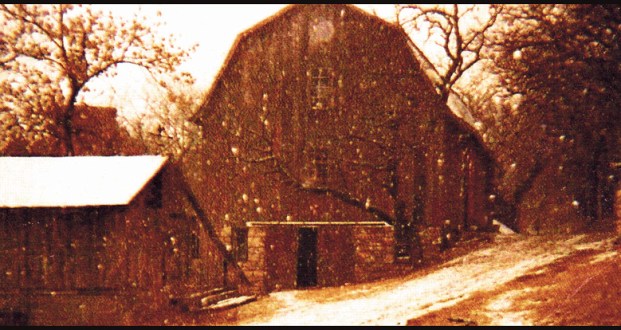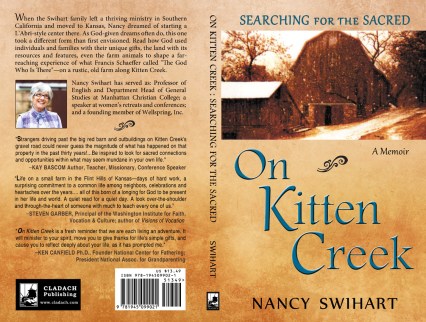
An unseasonably warm winter day (here in Colorado) yesterday prompted my husband and me to go out birding. We took our nature-loving granddaughter with us. We drove toward the mountains west of us, into a little canyon formed by a ridge along which a small creek flows, where an American Woodcock has been spotted (a common bird in some states but a rare visitor in Colorado).
Our granddaughter suddenly exclaimed, “There’s a rainbow cloud. I love rainbow clouds.”
I looked out the car window, and sure enough, all the colors of the rainbow were displayed in this cloud against a blue sky. I’d never before taken notice of such a cloud. Sometimes at dusk the Colorado sky is rimmed all around with clouds glowing orange and pink. This was about 2:45 p.m., though—not even close to sunset. The day was sunny, warm (for February), and dry. Yet this one, lone cloud contained a rainbow. We quickly and excitedly took pictures with our phones. (See photo above.)
The three of us shared a moment of awe and wonder.
I recently read an old book by the Scottish writer and minister, George MacDonald, The Hope of the Gospel. In it, he quoted the poem by William Wordsworth that begins,
Our birth is but a sleep and a forgetting;
The soul that rises with us, our life’s star,
Hath had elsewhere its setting,
And cometh from afar:
Not in entire forgetfulness,
And not in utter nakedness,
But trailing clouds of glory do we come
From God, who is our home…
Then MacDonald quoted Henry Vaughn’s poem:
Happy those early days, when I
Shined in my angel-infancy!
Before I understood this place….
And looking back—at that short space—
Could see a glimpse of His bright face;
When on some gilded cloud, or flower
My gazing soul would dwell an hour
And in those weaker glories spy
Some shadows of eternity;
From God, who is our home
The sense of wonder that is part of childhood, that makes children spiritually sensitive, and that perhaps is a trailing cloud of the glory from which we each came when God created us a living soul, born into this world … I want to nurture this sense of wonder and awe as I grow older. I want to see the rainbow clouds when they appear so briefly in the sky. I want to see and wonder at a little bird that surprisingly shows up in cold Colorado in February to forage along a tiny, protected, flowing stream full of watercress and fallen cottonwood leaves before flying on to its faraway spring destination.
George MacDonald added, “To cease to wonder is to fall plumb-down from the childlike to the commonplace—the most undivine of all moods intellectual. Our nature can never be at home among things that are not wonderful to us.”
What wonders have you noticed lately?

(Note: This is a re-posting, slightly revised, of a reflection first published 6 years ago. I hope you enjoy it.)



































